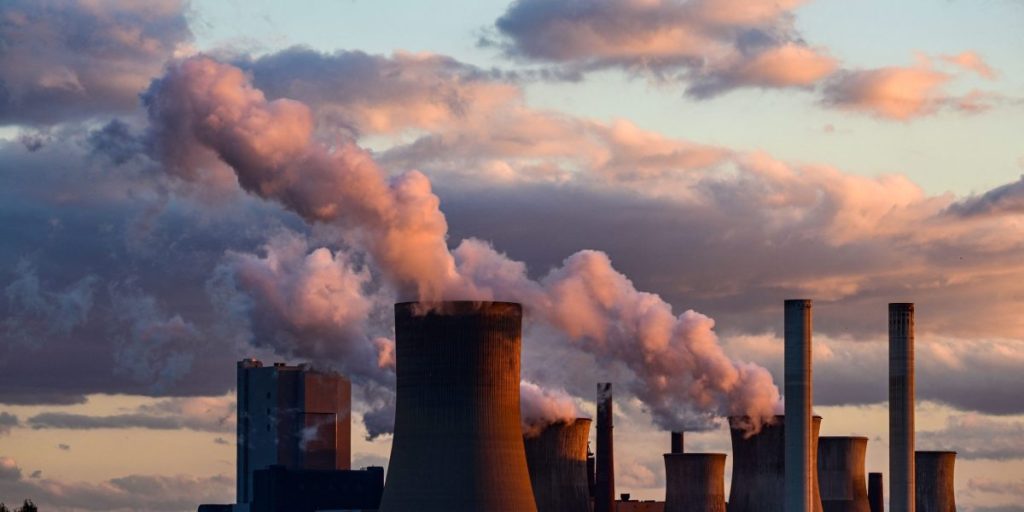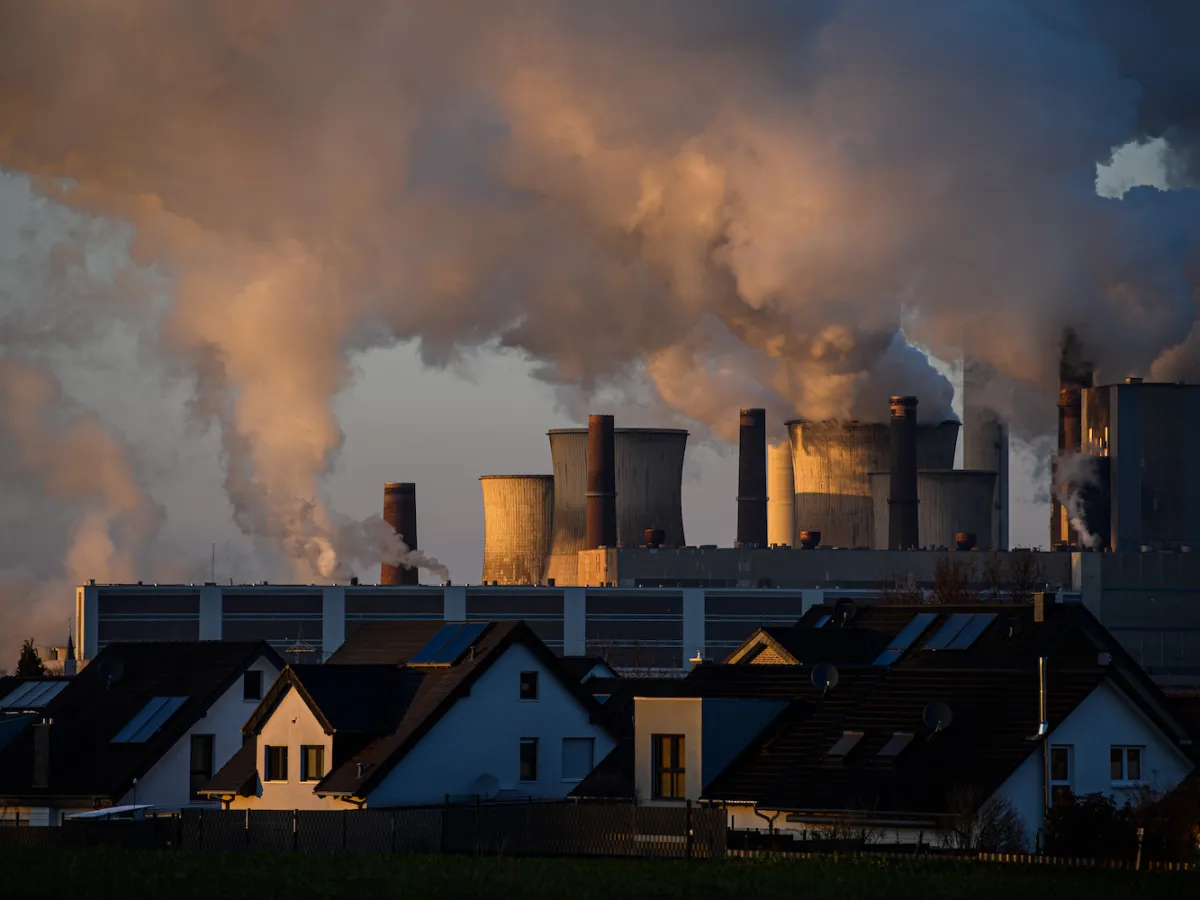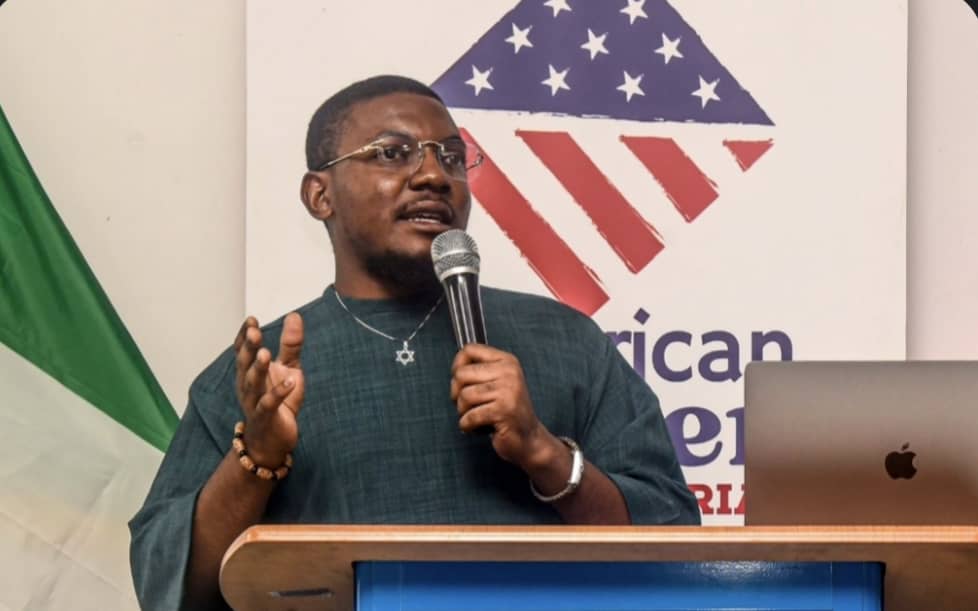Dependence Challenge:
While the European Union attempted to address the issue of dependency on Russian energy and sought new ways of securing energy sources, it was unable to do so in reality. Russia is the main supplier of natural gas, oil, and other resources for most states of the EU. As a result, the EU made itself vulnerable to geopolitical threats. The problems related to dependence on Russian supplies of energy are even more concerning because Russia historically uses energy supplies as a geopolitical power tool, which essentially destabilizes the power of the entire.
European bloc. Alternative ways:
The dependency issue triggered alternative ways of searching for energy sources for Europe. These alternatives included renewables and LNG imports. Unfortunately, this was not enough to eliminate dependence on Russian natural gas. Consequently, the European bloc decided to trade its security and democratic values for oil with other authoritarian regimes, such as Azerbaijan, Kazakhstan, and Turkmens.
Two years into the Ukraine conflict, Europe finds itself in a rather sticky situation when it comes to energy security. It’s like trying to untangle headphone wires – you think you’ve got it sorted, and then suddenly, you’re back to square one. With Russia’s shenanigans in Crimea and the ongoing kerfuffle in Eastern Ukraine, Europe’s energy landscape resembles a geopolitical minefield. Despite its best efforts to diversify energy sources, the continent seems to have unwittingly tied itself to a bunch of authoritarian regimes, raising eyebrows and concerns alike.

The Challenge of Dependency:
Let’s face it – Europe has a bit of a dependency issue when it comes to Russian energy. It’s like that friend who always seems to have the best snacks at the party – you can’t help but keep going back for more. Russia supplies a significant chunk of natural gas, oil, and other goodies to EU member states, leaving Europe vulnerable to geopolitical turbulence. And trust me, when Russia decides to play politics with its energy exports, it’s not a fun time for anyone.
Seeking Alternatives:
In a bid to diversify its energy diet, Europe has been exploring alternative sources like renewable energy and liquefied natural gas (LNG) imports. It’s like going on a health kick after one too many fast food binges – you know you need to change things up, but old habits die hard. However, these efforts haven’t exactly been a silver bullet for Europe’s energy woes. Natural gas, in particular, remains a stubborn sticking point, leading Europe to cozy up to some rather unsavory characters in the energy world.
Ethical and Geopolitical Implications:
Now, here’s where things get a bit dicey. By cozying up to authoritarian regimes like Azerbaijan, Kazakhstan, and Turkmenistan, Europe isn’t just playing with fire – it’s practically juggling flaming torches. These regimes aren’t exactly known for their stellar human rights records or transparent energy sectors, which raises all sorts of ethical red flags. Plus, by relying on these less-than-savory characters for energy, Europe might inadvertently be propping up authoritarianism and undermining its own values. Talk about shooting yourself in the foot.
The Role of China:
As if Europe didn’t have enough on its plate, along comes China with its Belt and Road Initiative, stirring the pot even further. China’s like that new kid at school who swoops in and shakes up the social hierarchy – you’re not sure if you should be impressed or slightly terrified. On one hand, Chinese investments in energy infrastructure offer economic opportunities, but on the other hand, they raise questions about China’s intentions and the future balance of power in the region. It’s like inviting the cool kid to your party and then realizing they might be plotting to take over the whole neighborhood.
Navigating a Sustainable Future:
So, where does Europe go from here? Well, for starters, it needs to untangle itself from its dependency on authoritarian regimes like a cat trying to extricate itself from a ball of yarn. Investing in renewables, ramping up energy efficiency, and flexing its diplomatic muscles are all part of the solution. Europe also needs to cozy up to its allies and work together to tackle common energy challenges – because let’s face it, there’s strength in numbers.



